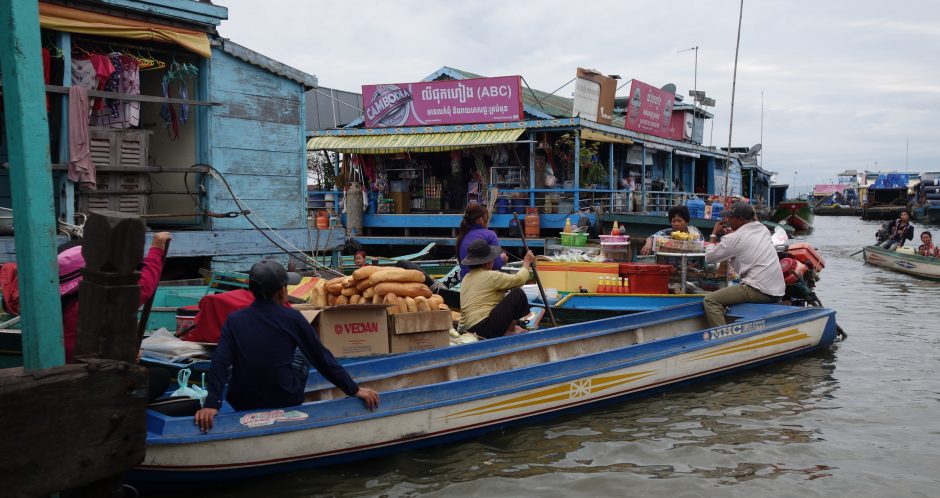What is DFW ?
1. Objectives
The Domestic Fieldwork program (DFW) of GSID provides students with opportunities for:
a) understanding the importance of field visits in dealing with issues of development;
b) acquiring basic methods, approaches, and understanding ethics of field survey;
c) understanding development challenges and ongoing efforts in rural areas of Japan viewed from a range of sectors such as administration, agriculture, education, local culture, industry, and environmental protection, as these efforts may have important implications and applicability for the development in the Third World; and
d) working in a cross-cultural setting through group work with students from different socio-economic and cultural backgrounds.
2. DFW in the Past
Having gained experience in implemating a fieldwork program through the OFW, GSID started the DFW as part of its formal curriculum in 1995. Both programs now constitute the basic pillars of GSID’s efforts to promote “learning through practices”. The DFW has been implemented in various sites in Aichi, Gifu, Mie, and Nagano prefectures. The DFW research findings are published each year in a “DFW Report,” which is made available to the public through various methods. Reports from recent years can be downloaded from the GSID website.
3. Program Contents
The DFW program in general consists of: a) preparatory seminar; b) preparation of the research plan by each working group (WG); c) field survey; and d) presentation of the research findings and report writing. The following gives a detailed description of the above four activities.
a) Preparatory seminar
So as to provide the DFW participants with general information on the research site, each of the DFW Committee chairperson and an invited lecturer from the research site gives a lecture as part of preparatory seminars. Preparatory seminars in Spring semester will also provide lectures regarding basic information and knowledge reglated to issues and skills necessary for the fieldwork to be conducted in fall semester.
b) Preparation of the research plan by each WG
DFW participants are divided into different WGs according to their academic interest. The composition of WGs varies each year. Each WG collects information on the research site through books, local materials and internet. After the initial research, each group sets its major research question, and finalizes its research plan, including where to visit, who to meet, and what methods to use.
c) Field survey
Field surveys are conducted at the research site for 3 days in autumn. In most cases, the first day is spent at the town hall or the village office of the site to ensure a good understanding of the administration’s development plan. For the last two days, each WG visits and interviews different people concerned with development in the village/town.
d) Presentation of the research findings and Report writing
Having analyzed the data and information collected from the field, WGs give presentations on their research findings at the research site after the field survey. Each group is allotted 15 minutes for presentation, and receives questions and comments from the audience. Having gained reflections and feedback from the group advisors and other participants, DFW participants then start report writing, either individually or in groups depending on the year’s program design. The DFW report is published in March of the following year, and is sent to all persons involved in the program.
